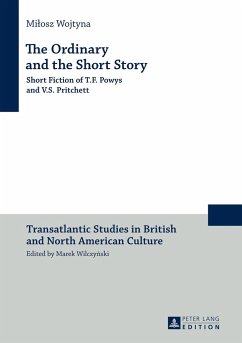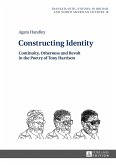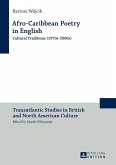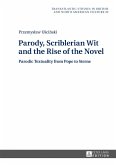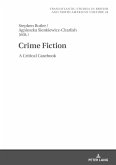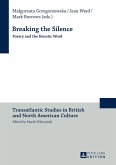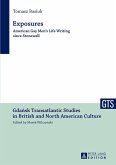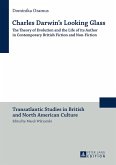This formalist-narratological study of T.F. Powys' and V.S. Pritchett's short fiction reestablishes both authors as important contributors to the history of the short story form. It also discusses how writers, who did not belong to the modernist avant-garde innovation, address the problems of the short story form in the twentieth century. The study takes a close look at the uses of the ordinary and analyses character, setting, and event presentation, narrators, audiences, narrativity, eventfulness, causality, and narrative rhetoric. It presents two kinds of short fiction and two kinds of the ordinary: the ecstatic one, focused on violations of norm, and the static kind that reassures its patterns.
Bitte wählen Sie Ihr Anliegen aus.
Rechnungen
Retourenschein anfordern
Bestellstatus
Storno

